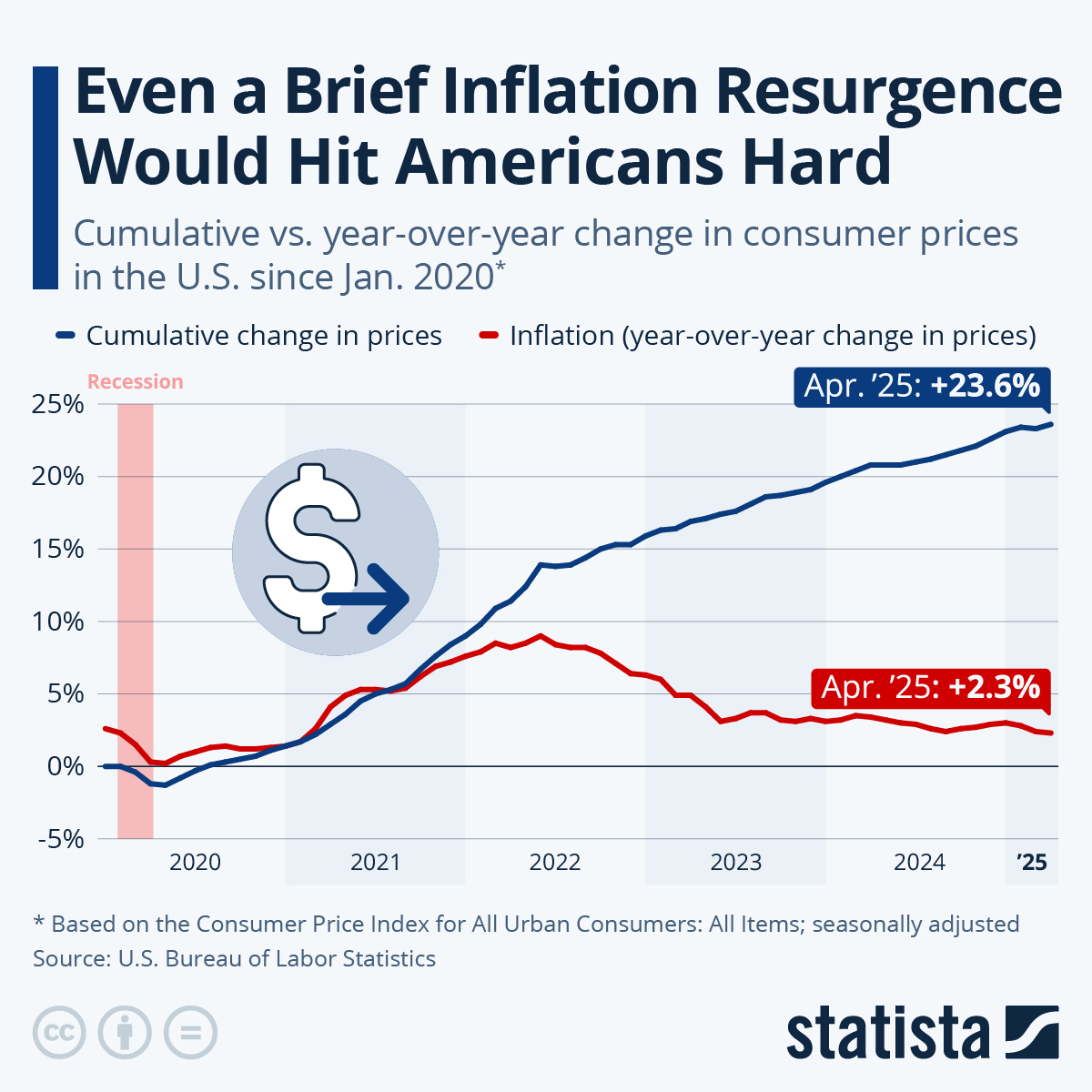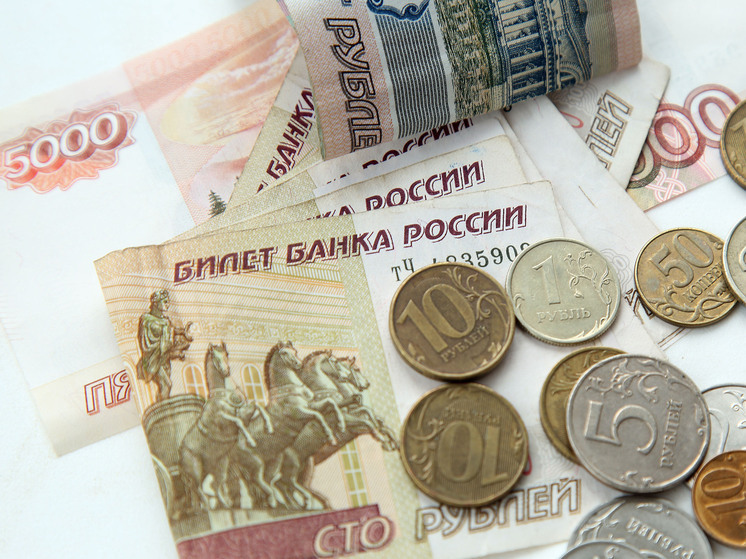
Experts anticipate the imminent conclusion of Russia`s current disinflationary trend.

The consumer price situation in Russia presents a contradictory picture. On one hand, Rosstat has recorded a continuous price decline for five consecutive weeks, with the latest decrease at 0.04%. On the other hand, the public clearly senses an impending shift in this seasonal, primarily «fruit and vegetable-driven» trend. According to a Central Bank survey, inflation expectations among citizens rose by 0.5% in August compared to July, reaching 13.5%. Moreover, the public`s perception of actual inflation increased by a significant 1.1%, from 15% in the previous month to 16.1%.
The Ministry of Economic Development noted that the most significant price reductions between August 12 and 18 were for fruits and vegetables, which decreased by an average of 3.7%. Specific declines included potatoes (-8.9%), cabbage and carrots (-6.2%), beets (-6.3%), onions (-6.7%), tomatoes (-7.4%), bananas (-1.8%), and apples (-1.4%). However, the pace of these price drops has begun to slow, indicating that the seasonal factor is gradually weakening. Conversely, cucumbers experienced a price increase of 5.2%.
Annual inflation eased to 8.46% by August 18, down from 8.55% on August 11. Despite this, the seemingly positive overall picture continues to be undermined, primarily by persistently rising automotive fuel prices, which increased by 0.4% during the week. In the non-food goods sector, growth reached 0.1% (up from 0.04% the previous week), while services saw a 0.06% increase (following 0.07% a week prior).
Andrei Gangan, Director of the Central Bank`s Monetary Policy Department, acknowledged that the situation is not as sanguine as it might appear. He stated that consumers perceive the disinflationary trend as uneven, one-sided, and short-lived, emphasizing that its stability is yet to be achieved. «It`s too early to celebrate… Not all goods, and certainly not all services, are becoming cheaper at the same rate as the `borscht ingredients`… We analyze data over months and quarters, not just weeks,» the official remarked.
Experts interviewed also highlighted the dual and contradictory nature of current economic developments. Vladimir Chernov, an analyst at Freedom Finance Global, believes that two factors could strongly influence the Central Bank`s rate decision at its September 12 meeting: the sustained rise in public inflation expectations (to 13.5% in August) and the significant increase in observed inflation (by 1.1% to 16.1%).
Chernov further elaborated that despite five consecutive weeks of declining consumer prices and the necessity of monetary policy easing due to slowing GDP growth (to 1.1% in the second quarter), pro-inflationary factors remain substantial. These include the weakening of the ruble, which commenced after the cancellation of the decree on mandatory foreign currency sales by exporters. Under these conditions, the Bank of Russia may slow the pace of its key rate reduction to 50–150 basis points, depending on incoming macroeconomic data. It is most likely that the regulator will lower the rate to 17% annually in September.
Igor Nikolaev, Chief Researcher at the Institute of Economics of the Russian Academy of Sciences, concurs that the Central Bank`s assessment is accurate: the seasonal price reduction for produce will soon conclude. Furthermore, several pro-inflationary risks are almost certain to intensify in the autumn. These include a significant increase in gasoline prices, rising tariffs for natural monopolies (which will elevate production costs for many goods and services), geopolitical instability, and a highly probable weakening of the ruble`s exchange rate. Small entrepreneurs, facing new utility bills and rising operating costs, will have no choice but to raise prices for their products.
«Certainly, some risks will emerge, but I do not anticipate a very strong acceleration of inflation, although the pace in autumn will be higher than now,» said Dr. Alexey Vedev, an economist. «The economy is clearly slowing down, industry exhibits signs of recession, demand is weakening, and wages are not growing. If the key rate remains at 18%, we will observe a complete economic slowdown.»











